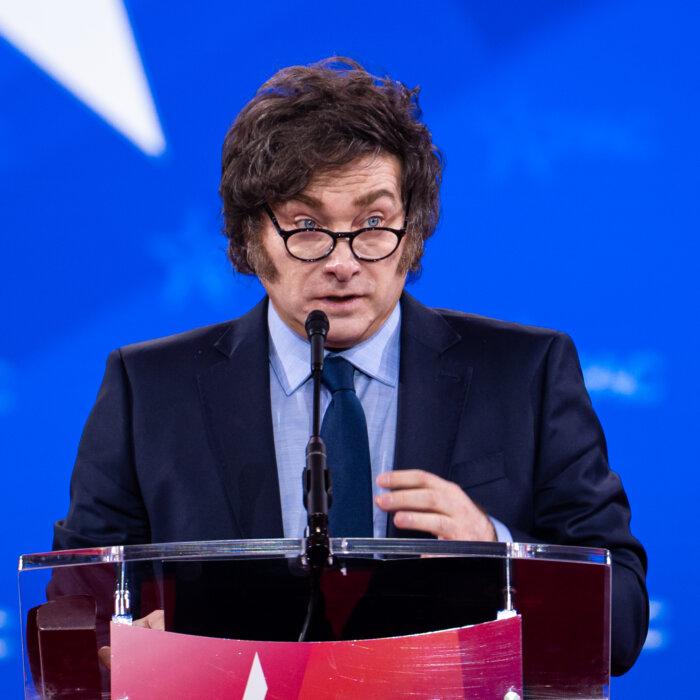The International Monetary Fund (IMF) stated that it reached a preliminary agreement with Argentina for a $20 billion bailout on April 8.
“The program supports the next phase of Argentina’s homegrown stabilization and reform agenda aimed at entrenching macroeconomic stability, strengthening external sustainability, and unlocking strong and more sustainable growth, while also managing the more challenging global backdrop.”
He captioned the picture “VAVOS CARAJO!”—apparently misspelling the word “Vamos!”—in a statement that loosely translates into English as “Let’s go, damn it!”
Milei’s policies have reversed the borrowing of previous governments, which had left Argentina with a reputation for defaulting on its debts.
Most IMF funds sent to the country have previously been used to repay the organization itself, giving it a questionable reputation among Argentines, with many blaming the lender for the country’s economic issues, both present and past.
The funds come at a critical time for South America’s second-biggest economy, as pressure had been mounting on Argentina’s depleting foreign exchange reserves as the government tightened rules on money-printing and decimated its supply of U.S. dollars to prop up the peso, which is pegged to the dollar.
Fears had been mounting that if the government had failed to secure an IMF loan, Milei’s austerity measures would be forced off-track and leave the nation, once again, unable to cover its huge debts or pay its import bills.
But the injection of money gives Milei a chance of easing some of the country’s strict foreign exchange controls, which have been in place for the past six years, putting off investors and preventing companies from sending profits abroad.
A former TV personality and self-styled “anarcho-capitalist,” Milei, came to power on a promise to cut Argentina’s bureaucracy, halt spiraling inflation, open the economy to international markets, and woo foreign investors.
During his campaign, he frequently posed with a chainsaw to illustrate his commitment to cuts.

Critics have said that the poor have paid the highest price during this austerity, with major labor unions frequently protesting and calling for strikes.







